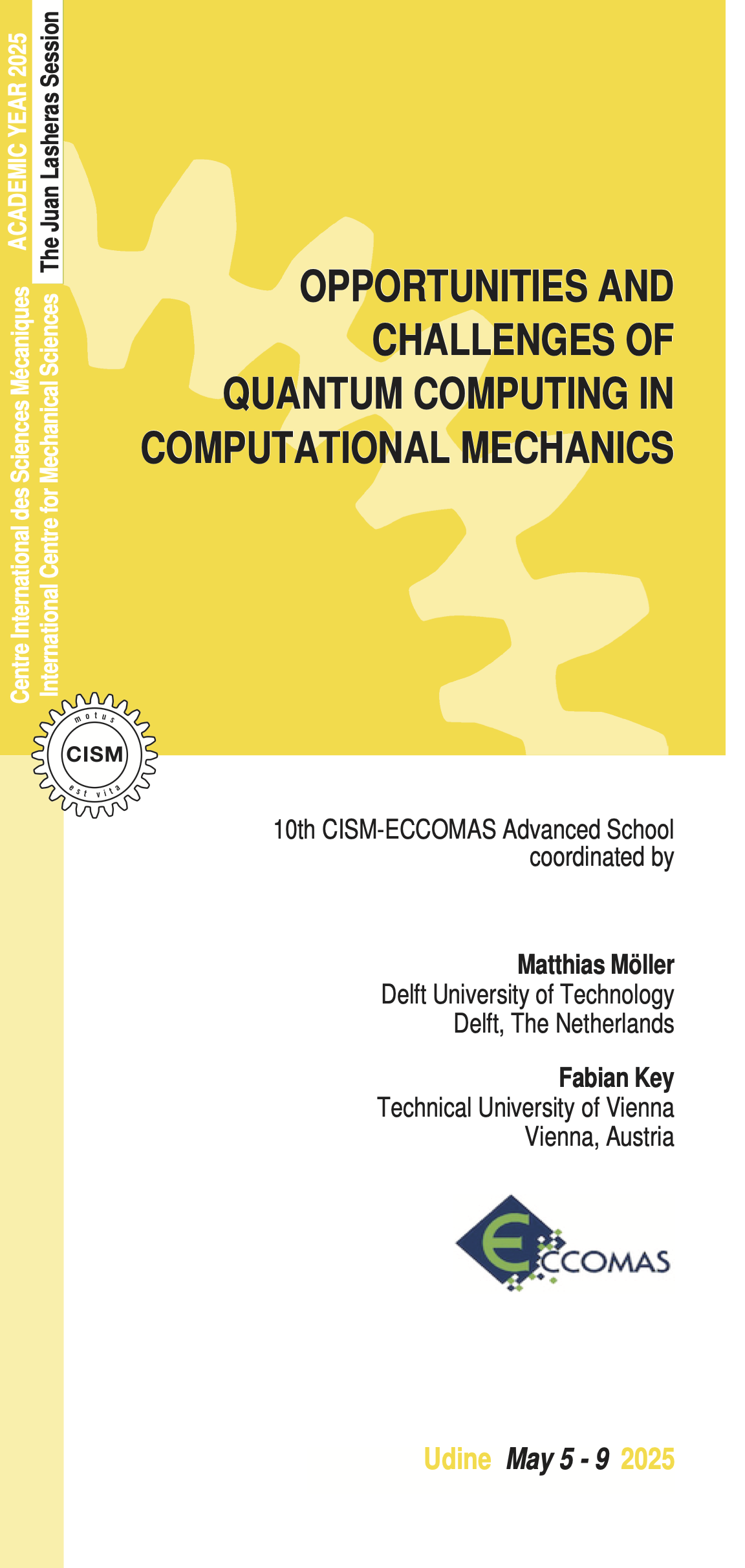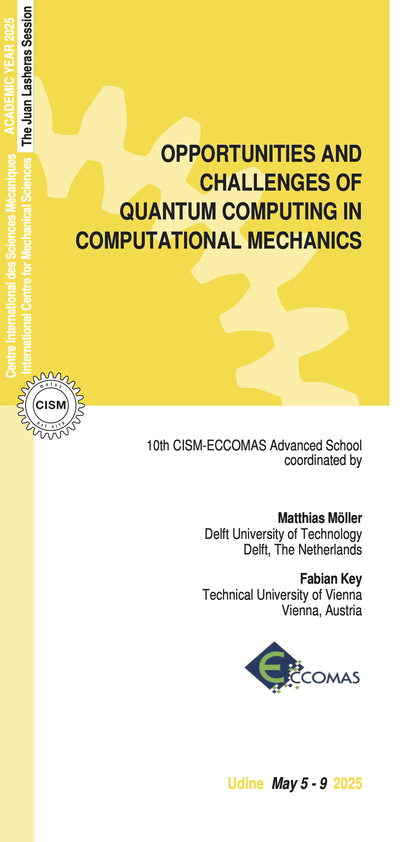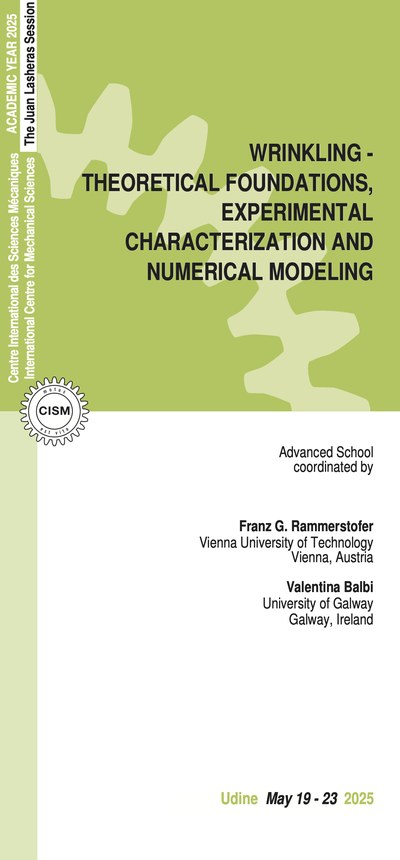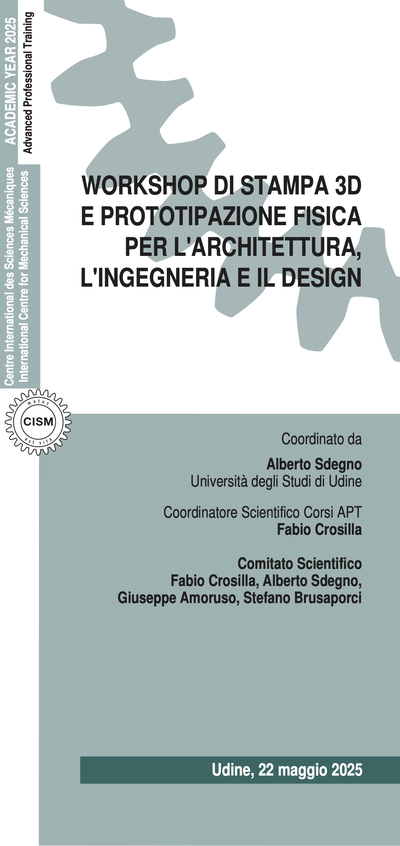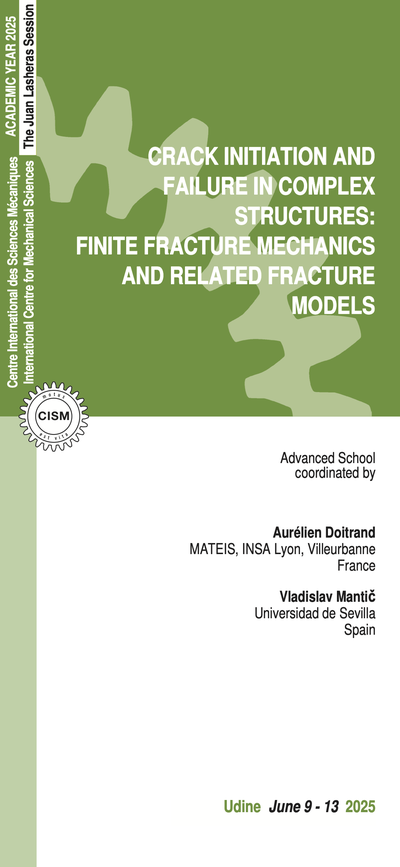The organizers gratefully acknowledge the Jülich Supercomputing Centre for supporting the school by providing computing time through the Jülich UNified Infrastructure for Quantum computing (JUNIQ) on the D-Wave quantum annealer. JUNIQ has received funding from the German Federal Ministry of Education and Research and the Ministry of Culture and Science of the State of North Rhine-Westphalia.
Background:
Quantum Computing (QC) is an emerging technology that holds the potential to revolutionise the way we will be solving computational mechanics problems in the future. The potential advantage of QC over classical high-performance computing, however, does not come for free but requires the redesign of solution approaches from scratch, that is, in terms of quantum or hybrid quantum-classical algorithms that exploit the principles of quantum mechanics such as superposition of states, entanglement, and quantum parallelism. It also requires a rethinking of the overall problem formulation as a potential computational advantage can easily get destroyed if the user aims to extract the full solution fields of, say, a quantum-CFD computation, which would require up to exponentially many computations.
Course objectives:
This advanced course provides a gentle introduction to the basic principles of quantum computing and discusses a large spectrum of quantum and hybrid quantum-classical algorithms and their applications in computational mechanics. In particular, the course will address the commonalities of and differences between gate-based quantum computers (GBQC) and quantum annealers (QA) and discuss how various problem types from the mechanical sciences can be formulated as quantum circuits for the former and Ising models (IM) / quadratic unconstrained binary optimization problems (QUBO) for the latter, respectively. The types of applications range from structural design optimization and seismic imaging to fluid and power flow analysis.
Course outline and target audience:
The course primarily addresses students and practitioners from industry and academia with backgrounds in the mechanical sciences who want to know more about the opportunities and challenges of quantum computing as an emerging computing technology to solve challenging problems in the (near) future.
The outline of the course is as follows:
- Introduction into quantum computing with discussion of the commonalities and differences of gate-based quantum computers, quantum annealers, and Ising machines.
- Formulation of QUBOs / Ising models using different encodings and approaches to implement constraints; tips and tricks for practical implementations on quantum annealers and Ising machines.
- Application of quantum annealers to solving problems in truss optimization, structural design analysis and optimization, seismic imaging, phase-field analysis, as well as fluid and power flow analysis.
- Advanced topics in quantum annealing: representation of real-valued variables, hybridization strategies, Ising machines beyond quantum annealers.
- Introduction into variational quantum algorithms (VQA) and quantum machine learning (QML) for gate-based quantum computers: quantum kernel methods (QKM), classical and quantum support vector machines (SVM).
- VQA and the Density Matrix Renormalization Group algorithm for solving the Stacking Sequence Retrieval problem with constraints.
- SVM for strength prediction of open hole composite panels.
- QKM for solving regression problems.
- QKM and physics-informed QML for solving differential equations.
- Quantum (lattice) Boltzmann methods.
- Quantum-PDE algorithms based on the finite volume/element method for CFD applications, radiation hydrodynamics, and numerical relativity.
Basu et al. (2024). DOI: 10.1063/5.0189674
Cerezo, et al. (2021). DOI: 10.1038/s42254-021-00348-9
Dukalski et al. (2023). DOI: 10.1190/geo2022-0253.1
Gaitan (2020). DOI: 10.1038/s41534-020-00291-0
Gaitan (2021). DOI: 10.1002/qute.202100055
Gaitan et al. (2024). DOI: 10.1103/PhysRevA.109.032604
Hauke et al. (2020). DOI: 10.1088/1361-6633/ab85b8
Kaseb et al. (2024). DOI: 10.21203/rs.3.rs-4368636
Key & Freinberger (2024). DOI: 10.3390/math12030482
Kyriienko et al. (2021). DOI: 10.1103/PhysRevA.103.052416
Lubasch et al. (2020). DOI: 10.1103/PhysRevA.101.010301
Mermin (2007). Quantum computer science: an introduction. Cambridge University Press.
Myers et al., Classical-Quantum simulation of non-equilibrium Marshak waves, to appear in J. Plasma Phys. (2024).
Nielsen & Chuang (2010). Quantum Computation and Quantum Information. Cambridge University Press; Chapters 2, 4, 5.1, 5.2
Oz et al. (2022). DOI: 10.1007/s11128-021-03391-8
Rieffel & Polak (2014). Quantum computing: a gentle introduction, MIT Press.
Schalkers & Möller (2024). DOI: 10.1016/j.jcp.2024.112816
Schalkers & Möller (2024). DOI: 10.1007/s11128-023-04216-6
Schalkers & Möller (2024). arXiv: 2404.17618
Tosti Balducci et al. (2022). DOI: 10.3389/fmech.2022.914241
Wulff et al. (2024). arXiv:2402.06455
6 lectures on:
Truss optimization with quantum annealing; classical and quantum SVM for strength prediction of open hole composite panels; (variational) quantum and density matrix renormalization group algorithms for stacking sequence retrieval problems with constraints.
6 lectures on:
Introduction to quantum annealing and application to structural design optimization problems.
6 lectures on:
Introduction to variational quantum algorithms and quantum machine learning; differentiable quantum circuits; design of feature maps and construction of observables; physics-informed quantum machine learning approaches for solving (stochastic) differential equations.
6 lectures on:
Introduction to quantum computing and quantum algorithms for solving differential equations; quantum (lattice) Boltzmann methods on fault-tolerant quantum computers; application of quantum annealing in seismic imaging and power flow analysis.
5 lectures on:
Application of annealing methods to phase-field, structural, and fluid flow analysis; representation of real-valued variables on Ising machines including quantum annealer; Ising machines beyond quantum annealers.
ADMISSION AND ACCOMMODATION
The course is offered in a hybrid format, allowing participants the flexibility to attend either in person or remotely via the Microsoft Teams platform.
Admission to on-site attendance is granted on a first-come, first-served basis to comply with the capacity of the lecture room.
Application forms should be submitted online through the website: http://www.cism.it. A confirmation message will be sent to participants whose applications are accepted.
Registration fees:
- Early Bird On-Site Participation: € 650.00 + VAT* - Deadline: March 5, 2025
- Late On-Site Participation: € 800.00 + VAT* - Deadline: April 22, 2025
- Live Streaming Online Participation: € 250.00 + VAT* - Deadline: April 22, 2025
On-site participation includes a complimentary bag, five fixed menu buffet lunches, hot beverages, downloadable lecture notes.
Online participation includes downloadable lecture notes.
Upon request, and subject to availability, a limited number of on-site participants can be accommodated at the CISM Guest House for € 35 per person per night. To request accommodation, please contact foresteria@cism.it.
CANCELLATION POLICY
Applicants may cancel their registration and receive a full refund by notifying the CISM Secretariat in writing (via email) no later than:
- March 5, 2025, for early bird on-site participation;
- April 5, 2025, for late on-site participation;
- April 22, 2025, for online participation.
No refunds after the deadlines. Cancellation requests received before these deadlines and incorrect payments will be subject to a € 50.00 handling fee.
GRANTS
A limited number of participants from universities and research centers who do not receive support from their institutions can request a waiver of the registration fee and/or free lodging.
Requests should be sent to the CISM Secretariat by March 5, 2025, along with the applicant's curriculum vitae and a letter of recommendation from the head of the department or a supervisor confirming that the institute cannot provide funding. Preference will be given to applicants from countries that sponsor CISM.
